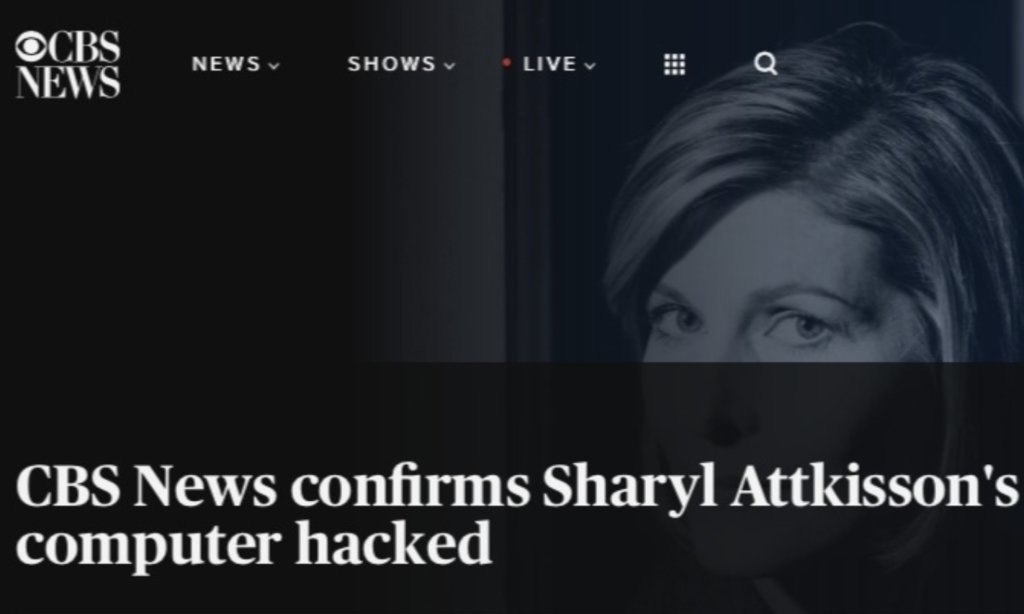
The following is a transcript of an investigative report on Full Measure News. Click on the link at the end of the transcript to watch the video story.
Millions of people lost power this past week amid record-breaking weather in Texas. It impacted every source of electricity – even froze wind turbines. The latest incident highlights weaknesses in America’s energy system. And experts predict more power shortages due to economic factors like coal plants closing and the dynamics involving clean energy. Today, we dig into the politics of keeping the lights on in “Power Play.”
In a number of states, there’s growing talk of impending power shortages. Experts predict that starting as early as this year, in some states, there may not be enough electricity available during peak demand times. They say that means a growing risk of blackouts in Washington state, Oregon, Idaho, Utah, Wyoming and Montana. Which is pressing everyone to find solutions. Here in Montana, the winter days are short. But in terms of sunlight, it’s still rated as 26 percent better than the national average.
Sharyl: Solar advocates say big sky country is the perfect environment for solar energy. It’s the political and business climate that’s proven less friendly.
That turn was taken when Montana’s utility regulator, the Public Service Commission, made a controversial decision back in 2017. It was a decision that benefited utility monopoly NorthWestern Energy according to Anne Hedges, who’s with the nonprofit Montana Environmental Information Center.
Anne Hedges: They made a rule or decision that disadvantaged, really grossly disadvantaged, these solar energy developers. But we thought that that was wrong. We thought it was not in line with what federal law required, and it certainly wasn’t in line with the spirit of the law, which is intended to encourage these small businesses to really be able to thrive.
The federal law she’s talking about dates back to America’s energy crisis in the 1970s.
There was a gas shortage. Oil prices quadrupled. The panic led to long lines at the pump. Fuel was rationed. People even began stealing gas out of other people’s cars.
In response, Congress passed the “The Public Utility Regulatory Policies Act” or PURPA in 1978. It was meant to promote energy conservation and pump up supplies forcing big electric monopolies to buy some of their power from alternative energy projects.
Today, it’s left up to each state’s Public Service Commission to help mediate the sometimes-touchy contracts between fossil fuel-reliant companies and their renewable energy competitors.
So back to that controversial decision by Montana’s Public Service Commission nearly four years ago. It slashed the rates NorthWestern Energy would have to pay solar companies for their power by 40%.
Sharyl: Is there any indication that anyone on the Public Service Commission made their decision to intentionally impact the competitive nature of solar?
Hedges: It appeared so.
But what really burned Hedges and other solar advocates was a hot mic moment at the Public Service Commission the day of the vote.
Sharyl: Tell us about the hot mic moment.
Anne Hedges: In an intermission in the commission meeting, one of the commissioners didn’t realize that the microphones were still on and he could be heard talking to a staff person saying that, “I guess that takes care of the whole thing.”
Speaking with staff during a break, commissioner Bob Lake seemed to acknowledge that cutting the rates for solar companies would be enough to kill small solar projects.
Bob Lake: And honestly at this low price, I can’t imagine anyone gonna get into it.
Staff Member: No, no one.
Lake: So, it’s gonna be, it becomes a totally moot point because just dropping the rate that much probably took care of the whole thing.
Sharyl: In a general sense, what do you take it to mean when he said, “Took care of the whole thing”?
Fight government overreach and double-standard justice by supporting the Attkisson Fourth Amendment Litigation Fund for Attkisson v. DOJ and FBI for the government computer intrusions. Click here.
Anne Hedges: That it solved the problem of all these pesky solar developers wanting to contract with our major utility.
Lake: We’re still live.
Staff Member: Yeah, but I think our mics are off so we’re ok.
The mics weren’t off —and it was too late. By the way, Commissioner Lake declined our interview requests.
Hedges argues that when the Public Service Commission set contract terms that disadvantaged small renewable energy projects, it violated that federal PURPA law from the 1970s. Her environmental group sued.
Hedges: This lawsuit was intended to unlock clean energy development in Montana. There was a real hesitation by the utility that serves most of Montana to contract with renewable energy developers, to provide solar energy to Montana customers.
After a lengthy court battle, the environmentalists won. In two decisions, in August and September last year, the Montana Supreme Court ruled against the Public Service Commission and said solar companies must be paid more.
Roger Koopman: We’re not very happy with these decisions.
But as with a lot of stories, there’s another side. Roger Koopman was on the Public Service Commission that voted to cut the solar rates. Only to have the state Supreme Court hike them back up.
Sharyl: The justification was, if I understand this correctly, that’s what needed to be paid, the court said, to the solar companies for them to be able to get into the business and be competitive. Without that, they probably couldn’t enter the market.
Roger Koopman: That was definitely part of their justification, I would say, of the court. That’s turning the rule of law on its head because that’s not what federal law requires us to do. We are not required to guarantee the business success of anybody. We’re not there to take sides and to advantage one form of energy over another. We’re to produce an even playing field and let the competitive forces take over from there in producing the best energy, the cheapest.
Koopman says he and the rest of the Public Service Commission were doing what’s right for customers.
With the court’s decision, he says, NorthWestern Energy will have to pay solar companies 144% more than what the Public Service Commission advised and that cost is passed onto customers.
Roger Koopman: I think where a big part of the conflict is, is that there are people who believe so much in renewables and that it’s going to save the world someday. Bless their hearts, they have a real strong concern about climate change. I tend to be a real skeptic about many of those claims. So, they believe that there should be a premium price for renewables, that the renewables should get something extra. But I also think there’s a general attitude that fine, renewable energy is great, go for it, but don’t make me pay more for it. It should reflect the market cost of energy, no more, no less.
No matter who’s right, there’s big money at stake for both the energy companies and customers.
Sharyl: This is a story of Montana, of course, but do you know how this implicates or what this says about what’s going on in the rest of the country when it comes to clean energy options?
Anne Hedges: So, this conflict is coming up in many states across the nation where you have utilities who simply don’t like to have to buy somebody else’s electricity. So it’s a really common conflict that’s coming to a head.
Conflicts being generated around the country, centered on a federal law born of the energy crisis, now more than four decades old.
Sharyl (on camera) : With the coronavirus shutdown, there’s been less demand for electricity for stores and offices. NorthWestern Energy is joining those predicting shortage of reliable energy as coal-fired power plants in the region close.
Click on the link below to watch the video report on FullMeasure.news:
http://fullmeasure.news/news/cover-story/power-play-02-19-2021-171722607










